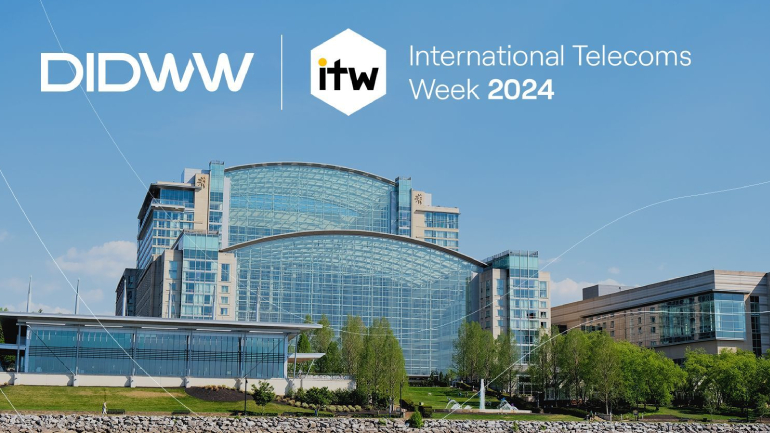DIDWW, a global telecoms provider specializing in top-quality VoIP communication and SIP trunking solutions for businesses and telecom carriers, has announced its participation in International Telecoms Week (ITW) 2024, the world’s largest wholesale telecommunications event.
At the recent Embedded World event, Qualcomm, the US mobile chip giant, has introduced a new wifi System-on-Chip (SoC) named the QCC730 Wi-Fi solution. This innovative chip boasts an impressive 88% reduction in power consumption compared to previous equivalents, making it a game-changer for battery-powered IoT (Internet of Things) devices.
Broadband aficionado, LilaConnect, gears up to provide a defining stride to residents and businesses in Leek and Stoke-on-Trent. It aims to elevate digital living by expanding its highly promising gigabit full-fibre network to over 6,900 properties in the course of 12 weeks. The impact is massive! Visible improvements include swift data transmission, a stable network, and low latency favouring seamless online activities.
AvaSure, a leader in virtual care solutions for hospitals, has introduced significant upgrades to its analytics portal, empowering healthcare providers with deeper insights into critical metrics. The enhanced AvaSure Analytics™ portal, now integrated with Microsoft PowerBI tools, enables robust analysis of virtual care program performance.
Archetype AI, a pioneering company dedicated to leveraging artificial intelligence for practical solutions, has officially emerged from stealth mode to introduce Newton™, a groundbreaking foundational model designed to comprehend and interpret the physical world like never before. This innovative initiative aims to empower individuals and organizations with unprecedented insights into their surroundings.
Virgin Media O2 (VMO2) has unveiled a groundbreaking service named ‘smart support’ aimed at automatically monitoring and resolving home network issues for broadband customers. Leveraging Cisco ThousandEyes technology, the innovative system will debut with 300,000 Virgin Media broadband users, with plans for a comprehensive rollout in the future.
With a hefty $6.6 billion subsidy by the U.S. government, Taiwan Semiconductor Manufacturing Co (TSMC) embarks on an unprecedented development in semiconductor industry. This boost is not only expected to foster job creation with an estimate of up to 6,000 high-tech positions but also promises to democratize access to advanced technologies.
Darryll Dewan, CEO of Total Site Solutions (TSS), unveils the dynamic landscape of data centers in 2024. TSS’s report highlights key trends: modular data centers’ rise, heightened security needs, sustainability emphasis, and the widening skills gap. Dewan emphasizes adaptability amid AI-driven shifts, underscoring the need for proactive planning and collaboration.
GoTo’s Miradore Premium+ is a new subscription tier designed for growing businesses, offering enhanced MDM capabilities. CallTower introduces CT Text with MMS and SMS features in Cisco Webex. NGMN’s report underscores the necessity of industry-standard measures for tracking energy consumption in virtualized mobile networks. Casa Systems is selling its Axyom business to Lumine Group and its cable interests to Vecima Networks due to reduced capital spending.
The US Federal Communications Commission (FCC) is gearing up for a pivotal vote on April 25 to reinstate net neutrality, a move that has stirred controversy, particularly among Republican commissioners.













